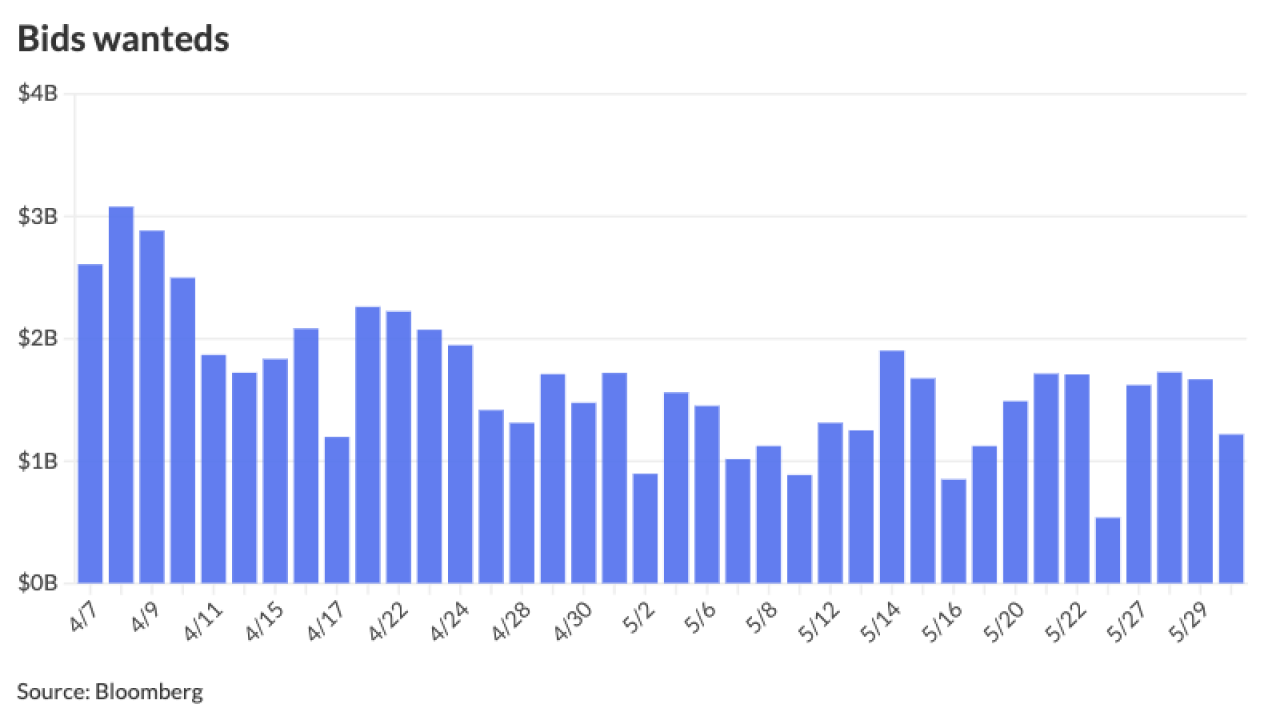NEW YORK - Kansas City Federal Reserve Bank President Thomas Hoenig said Monday the U.S. economic outlook remains "uncertain" and markets are still under stress despite the timely action by the Fed and other policymakers to respond to the current crisis.
However, Hoenig repeated his concerns about the reactive and ad hoc nature of policy responses, and the moves to save firms deemed "too big to fail," which he said will have negative longer-term consequences.
In remarks prepared for delivery to a luncheon hosted by Demos, a non-partisan public policy research and advocacy organization, Hoenig both praised the rapid action and restated fears he raised starting in March 1999 about the need for a resolution plan for large, complex financial firms.
Noting the huge infusion of taxpayer money, Hoenig said, "Despite these actions and some recent signs of improvement, markets remain under stress and the near-term outlook for the financial system and the economy remains uncertain."
The crisis has posed challenges for policymakers, but he said "the rush to respond has had negative consequences as well. Without a systematic plan for addressing the crisis, policy actions have been ad hoc, resulting in inequitable outcomes among firms, creditors and investors that have increased uncertainty and undermined confidence."
In the heat of the crisis, "policymakers are in reactive mode," Hoenig said, and may as a result downplay the longer-term consequences of short-term actions, including expansion of the federal safety net, and how to reform regulations to prevent a similar crisis.
Failure to address the problems posed by the large, systemically important firms would be "a serious mistake," he said, warning of complacency by authorities on the need for reform as the situation begins to stabilize and improve.
"While a carefully constructed safety net and a better resolution procedure for large institutions are critical, we also need to think about how to prevent such institutions from holding us hostage in the future," he said. "This may require breaking them up, limiting their activities or size, increasing capital requirements, or taking other steps to limit the systemic risks they impose on the financial system."
Failing to convince markets that the huge extension of government guarantees will not be easy to obtain in future as in the current situation, will mean "we will see moral hazard problems escalate far beyond their current levels, with enormous adverse implications for the efficiency and stability of our financial system," including an "enormous fiscal cost."
Hoenig said the Fed's response to the crisis and liquidity provision to firms "outside it's traditional purview has been significant, creative and timely."
But he cautioned that the Fed is taking over credit allocation decisions "more properly performed by the marketplace itself and by fiscal authorities when necessary," he said.
"These decisions have also caused the Federal Reserve to greatly expand its balance sheet and have almost certainly set expectation for similar responses in any future crises.
"All of this will make it more difficult for the Federal Reserve to quickly remove its policy accommodation in the future and, thereby, will subject it to new tests of its independence as a monetary authority," Hoenig said.
Market News International is a real-time global news service for fixed-income and foreign exchange market professionals. See Market News International is a real-time global news service for fixed-income and foreign exchange market professionals. See





